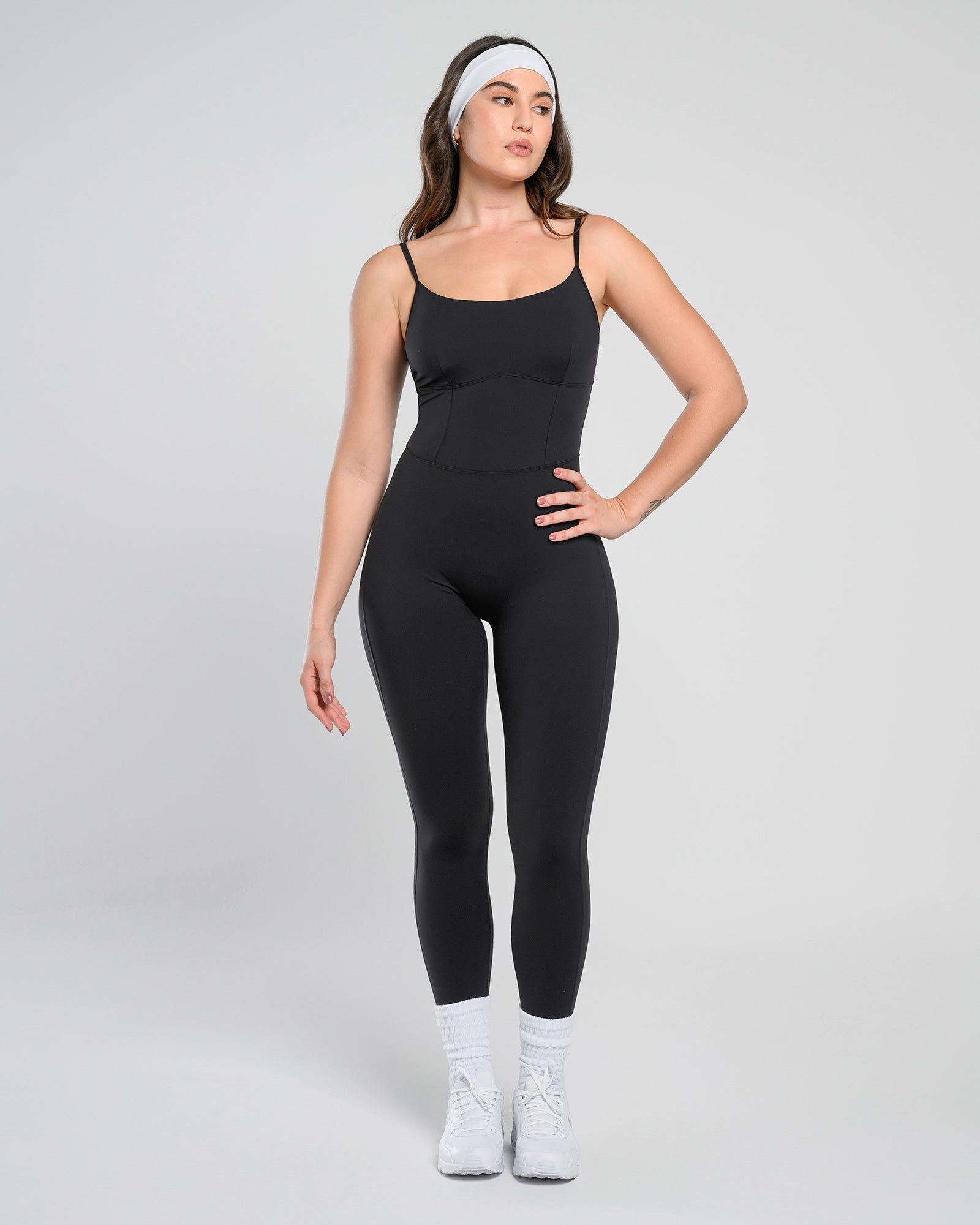Do you ever feel unsafe when exercising outdoors? A lot of women would relate and answer yes to the question. Given the increased crime rates and shady activities going on, people especially women are wary of exercising outdoors.
There’s always this fear of being robbed, kidnapped, or harassed. Fears and concerns of exercising outdoors are valid but that doesn’t mean we stop breathing fresh air and confine ourselves to the four walls of apartments.
In this blog, we are discussing ways to keep ourselves safe when exercising outdoors. So stay tuned!

What Makes Us Feel Unsafe when Exercising Outdoors?
-
Harassment:
Women often experience verbal or even physical harassment while exercising outdoors. Catcalling, unwanted attention, or comments can make them feel vulnerable and uncomfortable.
-
Isolation:
Exercising in secluded or poorly lit areas can create a sense of isolation and increase the risk of encountering potentially dangerous situations.
-
Fear of Assault:
Concerns about personal safety, including the fear of physical assault, can be a significant factor. News stories and personal experiences contribute to this fear.
-
Unequal Power Dynamics:
Women may feel vulnerable when they perceive an imbalance of power, such as encountering groups of men or being in situations where help may be hard to find.
-
Inadequate Support Systems:
The lack of visible security personnel, emergency call points, or a sense of community support can contribute to feelings of insecurity.
Tips to Feel Safe when Exercising Outdoor

-
Choose Well-Lit Areas:
Exercise in well-lit places to improve visibility and reduce the risk of encountering potential threats.
-
Buddy System:
Exercise with a friend or in groups. There's safety in numbers, and having a workout partner can deter unwanted attention.
-
Inform Someone:
Let someone know your workout plans, including the route and expected duration. This ensures that someone is aware of your whereabouts.
-
Carry a Personal Alarm:
Consider carrying a personal alarm that can emit a loud sound to attract attention in case of an emergency.

-
Be Aware of Your Surroundings:
Stay vigilant and be aware of your surroundings. Limit distractions, such as wearing headphones at a low volume, to stay alert.
-
Trust Your Instincts:
If a situation doesn't feel right, trust your instincts and remove yourself from it. It's okay to prioritize your safety over pushing through a workout.
-
Learn Self-Defense:
Consider taking self-defense classes to build confidence and learn techniques that can help you protect yourself if needed.
-
Use Technology:
Utilize technology for safety. Share your location with trusted contacts, carry a fully charged phone, and have emergency numbers saved.
-
Choose Popular Routes:
Exercise in well-frequented areas where there are likely to be other people around. Avoid isolated or poorly populated locations.
-
Utilize Safety Apps:
There are various safety apps designed for personal security. These apps may include features like emergency alerts, real-time location sharing, and virtual companion services.
-
Plan for Daylight Hours:
Whenever possible, schedule outdoor workouts during daylight hours when visibility is better.
Importance of Exercising Outdoors
Exercising outdoors offers a range of physical, mental, and social benefits, making it a valuable and holistic approach to maintaining overall well-being. Let’s explore some key reasons why exercising outdoors is important for you.
-
Vitamin D Production:
Exposure to natural sunlight allows the body to produce vitamin D, which is essential for bone health, immune function, and overall well-being.
-
Improved Mental Health:
Outdoor exercise has been linked to reduced levels of stress, anxiety, and depression. The combination of physical activity and exposure to nature contributes to enhanced mood and mental well-being.
-
Enhanced Physical Performance:
Outdoor environments often provide varied terrains, which can challenge different muscle groups and improve overall physical fitness. The changing terrain can lead to a more comprehensive and effective workout.
-
Increased Motivation:
The variety and novelty of outdoor settings can help prevent workout monotony, keeping individuals more motivated to engage in regular physical activity.
-
Better Air Quality:
Outdoor exercise typically exposes individuals to fresher air, which can be particularly beneficial for respiratory health. Improved air quality can contribute to better cardiovascular function and overall endurance.
Connection with Nature:

Being outdoors allows individuals to connect with nature, promoting a sense of calmness and mindfulness. This connection can have positive effects on mental and emotional well-being.
-
Cost-Effective Fitness:
Outdoor exercise often requires minimal or no equipment, making it a cost-effective way to stay active. Walking, running, cycling, and bodyweight exercises can be done without the need for a gym membership or specialized equipment.
-
Social Interaction:
Exercising outdoors provides opportunities for social interaction, whether it's joining a group fitness class, participating in sports, or simply walking with a friend. Social connections contribute to a sense of community and support.
-
Increased Energy Levels:
Exposure to natural light and fresh air can boost energy levels and combat feelings of fatigue. This, in turn, can improve overall productivity and focus throughout the day.
-
Variety of Activities:
The outdoors offer a wide range of physical activities, from hiking and biking to swimming and team sports. This variety allows individuals to tailor their exercise routine to personal preferences and interests.
-
Enhanced Immune Function:
Regular outdoor exercise has been associated with a strengthened immune system, helping the body defend against illnesses and infections.
-
Positive Impact on Sleep:
Exposure to natural light during the day can help regulate the body's internal clock, promoting better sleep at night. Regular physical activity is also linked to improved sleep quality.
l Recommended Outdoor Exercises
-
Running or Jogging
Running and Jogging are great for cardiovascular health and improve stamina and overall fitness.
-
Hiking

-
Outdoor Yoga or Pilates
Yoga and Pilates improve flexibility, balance, and core strength. Performing these exercises outdoors adds a calming and grounding element to your practice.
Conclusion
Fearing things and people makes them stronger and we gain nothing out of it except for low esteem and low confidence. Therefore, it’s important that you don’t exercise or skip outdoor activities due to these fears. It’s great to be cautious but by boycotting outdoor activities you are only allowing these fears to overpower you.








